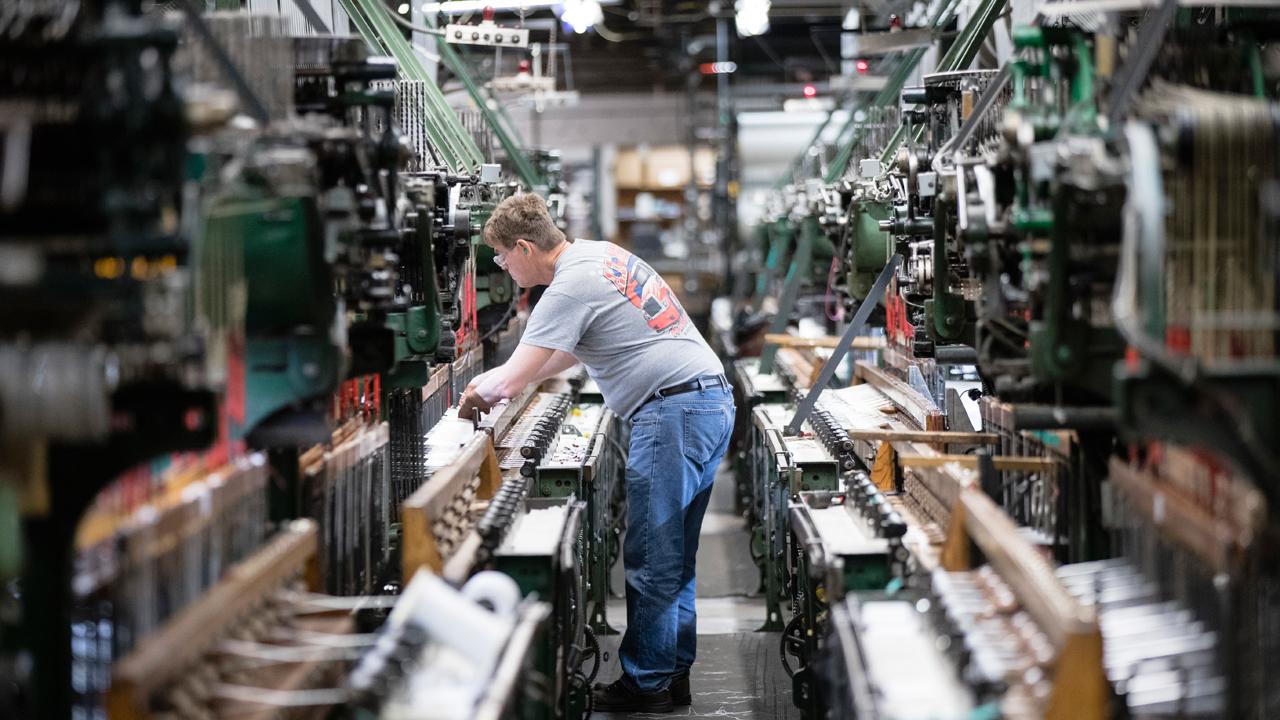Manufacturing sector work isn't going anywhere, even as automation creeps in
Despite a focus on reviving the U.S. manufacturing sector, many reports predict that millions of jobs will be lost to automation over time.
In fact, a report from Oxford Economics estimates that 20 million manufacturing jobs around the world will disappear by 2030 – equal to 8.5 percent of the global manufacturing workforce.
The report estimates that 260,000 manufacturing jobs in the U.S. have already been lost to automation.
“The long-term trend in manufacturing over the past 100 years has been for automation to feed through,” Ryan Bourne, R. Evan Scharf Chair for the Public Understanding of Economics at the Cato Institute, told FOX Business. “Given improvements in technology and AI robotics, I don’t really see any reason why one would think that trend would not continue.”
However, it’s not necessarily practical to think of job losses in isolation – because while the nature of jobs in the sector is likely to change – so too will the items that consumers are demanding.
For example, Bourne noted that a couple of decades ago there was barely any demand for things like computer chips. Now there are a host of workers manufacturing that product for consumers.
“There will always be a manufacturing sector and some of that will be new demands that we can’t even envisage right now,” Bourne said.
Other jobs, he noted, won’t necessarily change but will be augmented by technology. Researchers, for example, may have new technologies to make their jobs more efficient.
And there are other reasons the rise of automation isn’t all bad for Americans, either.
First, Bourne noted that the labor market doesn’t currently seem to be too affected by the trend.
And then there are the economic benefits: As manufacturing activity increases, wages generally rise. Consumers also tend to get more savings since it becomes cheaper to produce goods.
Automation is one of the themes that has taken hold during the 2020 campaign cycle. Entrepreneur Andrew Yang has made it a focal point of his platform, advocating for a $1,000 per month universal basic income as a means to offset the effects.
CLICK HERE TO READ MORE ON FOX BUSINESS
Former 2020 candidate and New York City Mayor Bill de Blasio made a final push to gain popularity advocating for a so-called robot tax, which would be levied on large companies that replace human jobs with robots.




















